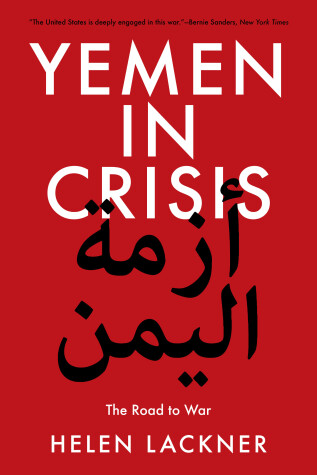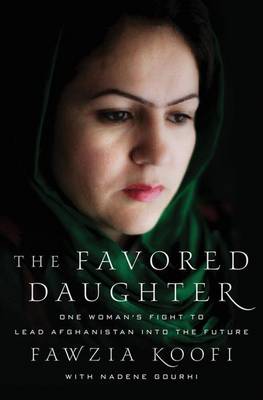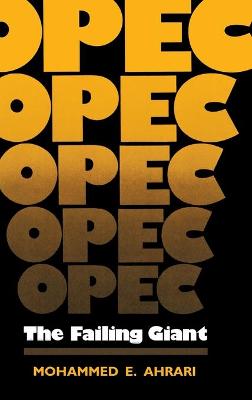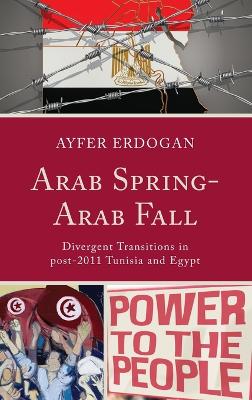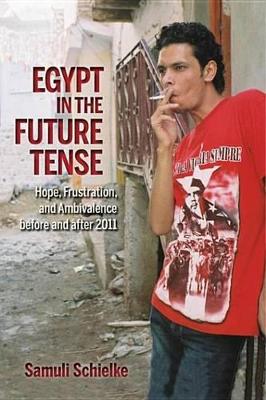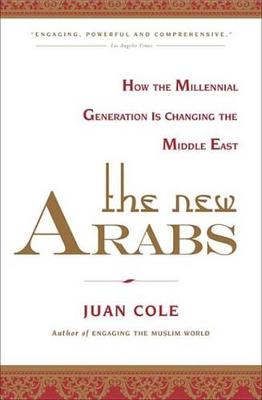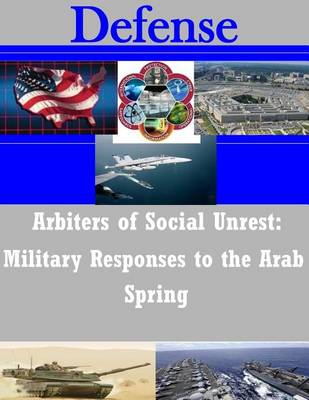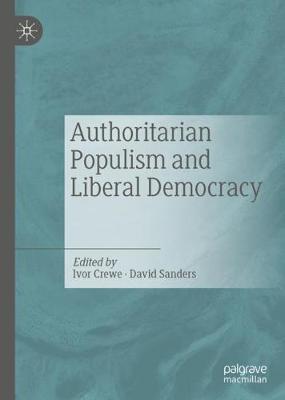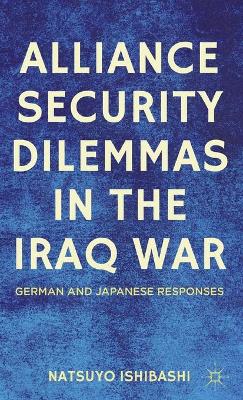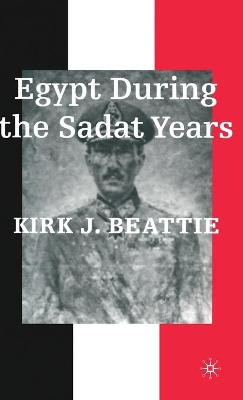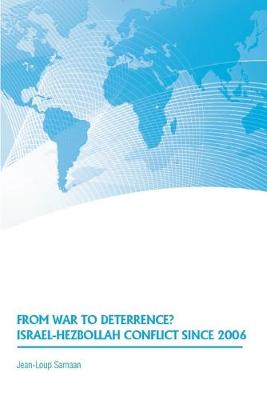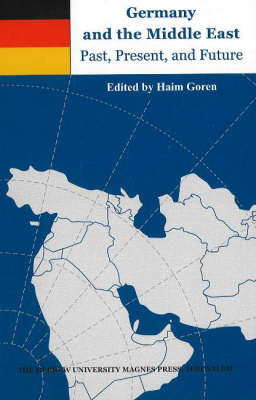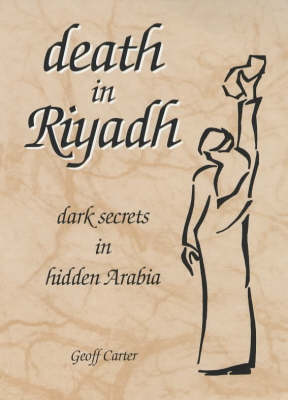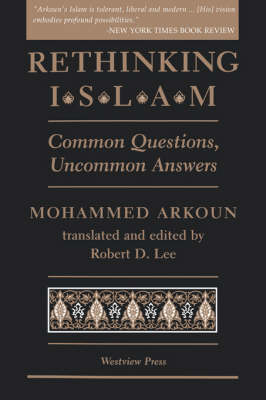Israel's Oriental Immigrants and Druzes
by Alfred Friendly and Eric Silver
Expert analysis of Yemen's social and political crisis, with profound implications for the fate of the Arab World The democratic promise of the 2011 Arab Spring has unraveled in Yemen, triggering a disastrous crisis of civil war, famine, militarization, and governmental collapse with serious implications for the future of the region. Yet as expert political researcher Helen Lackner argues, the catastrophe does not have to continue, and we can hope for and help build a different future in Yemen...
The European Union and the Middle East (Contemporary European Studies S., #12)
by Soren Zibrandt von Dosenrode-Lynge and Anders Stubkjaer
Covering the period from the early 1950s to the end of the 20th century, this book presents a concise yet thorough historical analysis of the relationship between the European Union (and its predecessors) and the Middle East. The authors provide a survey of the evolution of the foreign policy mechanisms of the EU and an outline of the relevant aspects of modern Middle East history. They examine the relationship between the two regions from 1950 to the end of the Cold War, with special emphasis o...
The nineteenth daughter of a local village leader in rural Afghanistan, Fawzia Koofi was left to die in the sun after birth by her mother. But she survived, and perseverance in the face of extreme hardship has defined her life ever since. Despite the abuse of her family, the exploitative Russian and Taliban regimes, the murders of her father, brother, and husband, and numerous attempts on her life, she rose to become the first Afghani woman Parliament speaker. Here, she shares her amazing story,...
This study of conspiracy theories in the Middle East reveals how they play a powerful role in the political life of the region. Placing conspiracy theories in their historical context, the author shows how the idea of the conspiracy has come to suffuse life in the Middle East, from the most private family conversations to the highest and most public levels of politics. Pipes then looks at conspiracies and their strength as a partial explanation for much of the region's problems, including its re...
A glut of oil, dropping prices, the threat of insolvency, a divided membership -- these developments in the early weeks of 1985 underline the cogency of Mohammed Ahrari's historical study of the OPEC oil cartel and his argument that economic forces, not politics, determine OPEC's action in the world arena. The impetus for the formation of OPEC in 1960 was the desire of the oil-producing states for greater income from their most valuable resource. The international oil corporations had secured lu...
The popular protests in early 2011 were once seen as a turning point in the history of the Arab world, raising hopes for democracy, freedom, and justice in the Middle East. A decade after the uprisings, these hopes are largely dashed in each country swept by popular protests with the exception of Tunisia. Tunisia became the only democracy in the entire region while Egypt saw its first freely elected president and government thrown out by the army in a bloody coup which resulted in a regime that...
A Marriage of Convenience (East European Monographs S., v.369)
by Laurance Weinbaum
The essential “on the ground” report on the fastest-growing new threat in the Middle East, from the winner of the 2014 Foreign Affairs Journalist of the Year Award Born of the Iraqi and Syrian civil wars, the Islamic State astonished the world in 2014 by creating a powerful new force in the Middle East. By combining religious fanaticism and military prowess, the new self-declared caliphate poses a threat to the political status quo of the whole region. In The Rise of Islamic State, Patrick Co...
The Iranian revolution of 1979 overhauled not only the foundations of Iranian society, religion and politics, but also our understanding of the role of religion in modern government. Here Behrooz Ghamari-Tabrizi takes us on an enlightening journey, showing that the revolution unintentionally opened up the public sphere to competing interpretations of Islam. Far from being the exclusive preserve of high-ranking seminarians as before, in contemporary Iran lay theologians, intellectuals, lawyers an...
Egypt in the Future Tense (Public Cultures of the Middle East and North Africa)
by Joska Samuli Schielke
Against the backdrop of the revolutionary uprisings of 2011-2013, Samuli Schielke asks how ordinary Egyptians confront the great promises and grand schemes of religious commitment, middle class respectability, romantic love, and political ideologies in their daily lives, and how they make sense of the existential anxieties and stalled expectations that inevitably accompany such hopes. Drawing on many years of study in Egypt and the life stories of rural, lower-middle-class men before and after t...
"The renowned blogger and Middle East expert Juan Cole illuminates the role of today's Arab youth--who they are, what they want, and how they will affect world politics. Beginning in January 2011, the revolutionary wave of demonstrations and protests, riots, and civil wars that comprised what many call "the Arab Spring" shook the world. These upheavals were spearheaded by youth movements, and yet the crucial role they played is relatively unknown. Middle East expert Juan Cole is here to share th...
Turkey S Public Diplomacy (Palgrave MacMillan Series in Global Public Diplomacy)
Authoritarian Populism and Liberal Democracy
This edited volume offers new insights into the populist wave that is affecting democratic politics in a large number of countries. The authoritarian populist turn that has developed in the US and various European countries in recent years both reflects and exacerbates the polarization of public opinion that increasingly characterizes democratic politics. The book seeks to explain how and why authoritarian populist opinion has developed and been mobilised in democratic countries. It also explore...
This book explains and elaborates the concept of alliance security dilemma through a case study of two similar countries caught in the same situation: Germany, which opposed the US decision to attack Iraq in 2003, and Japan, which supported it.
Kirk Beattie presents a fresh look at Egyptian politics during the Sadat presidency. Beginning with an examination of the political and economic situation bequeathed by Nasser, he describes Sadat s succession to the presidency and his consolidation of power. His analysis focuses on Sadat s effort to chart a new political and economic path, including the daring October 1973 war, liberalization of Egypt s political economy, the January 1977 food riots, and peace with Israel. Simultaneously, Beatti...
From War to Deterrence? Israel-Hezbollah Conflict Since 2006
by Jean-Loup Samaan and Strategic Studies Institute
The 2006 war between Israel and Hezbollah has generated a vast amount of academic and military studies, including a number from the Strategic Studies Institute. Specifically, authors have tried to identify the new patterns of warfare through this conflict and sometimes have even called it the first illustration of "hybrid war." This new monograph by Dr. Jean-Loup Samaan does not look at the war itself but rather at its aftermath, both in Israel and Lebanon. It starts from an obvious paradox: Des...
Israel's victory over Arab states in the Six Day War of 1967 redrew the map of the Middle East. Ever since, Europe has struggled to establish some influence in the region. Largely, it has failed, often unable even to reach a consensus on how to act. Even when united, Europe's position rarely results in effective action, adding support ro German politician Joschka Fischer's assessment that "solving the Middle East and developing a real vision of peace is the major challenge for Europe." Ingloriou...
This is not only a travel book but a documentary on inter-cultural relationships between the different races and nationalities comprising the huge expatriate population and native Arab residents of the oil-rich peninsula. The many characters portrayed, presented in a variety of authentic stories encountered by the author on his travels, are centred around the horrific event of a public stoning in Saudi Arabia. Some of the stories have a humorous flavour, but all are concerned with the human prob...
A Berber from the mountainous region of Algeria, Mohammed Arkoun is an internationally renowned scholar of Islamic thought. In this book, he advocates a conception of Islam as a stream of experience encompassing majorities and minorities, Sunni and Shia, popular mystics and erudite scholars, ancient heroes and modern critics. A product of Islamic culture, Arkoun nonetheless disagrees with the Islamic establishment and militant Islamist groups; as a student of twentieth-century social science i...
A History of the Modern Middle East
by William L. Cleveland and Assistant Professor Martin Bunton
This comprehensive survey analyzes political, social, cultural, and economic developments in the Middle East from the Ottoman and Safavid Empires to the present day. Cleveland lays the groundwork for this modern history by describing the roots of Islamic civilization in ancient times and tracing the relationship between distinctly Middle Eastern perspectives and the broader global developments of the twentieth century. }This comprehensive work provides a penetrating analysis of modern Middle Ea...

